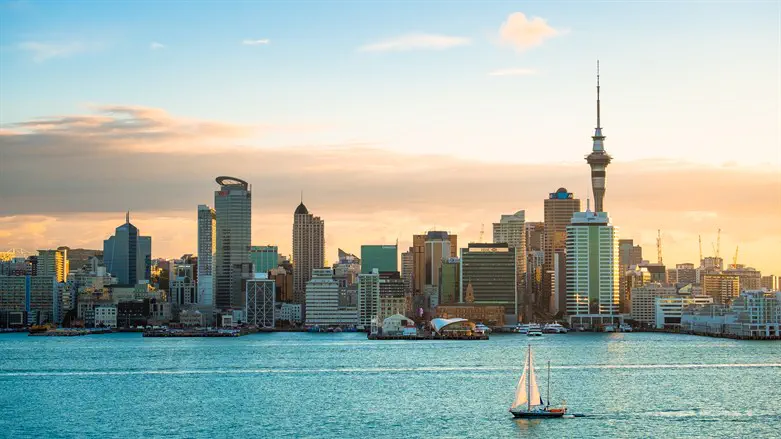
New Zealanders who stood up to the Nazis will be recognized on International Holocaust Remembrance Day on Thursday.
Events around New Zealand marking the Holocaust will recognize New Zealand soldiers who fought the Nazis and New Zealanders who actions saved Jewish lives, the Holocaust Centre of New Zealand said in a statement.
The theme for this year’s commemorations is Resistance. At the Auckland War Memorial Museum, Chief of the Army, Major General John Boswell will be the keynote speaker.
Boswell will speak about the part the New Zealand Army, Navy and Airforce played in Nazi Germany’s defeat.
“The New Zealand Army, indeed also our Navy and Airforce counterparts, through our contributions to World War 2 played our part in the resistance that occurred all those years ago,” Boswell said
“In May 1945, the [New Zealand Expeditionary Force] captured Trieste in northern Italy and found the Nazi concentration and death camp called the Risiera di San Sabba. There they saw first-hand the atrocities Jewish people had suffered.”
“The late Private Tahu Potiki Hopkinson of Ngai Tahu was a member of the 28th Māori Battalion 18 Platoon and in 1994 gave a heartbreaking account of what he found at Trieste and how it haunted him,” the Holocaust Centre said. His daughter Gaye Stanley will be speaking at this year’s commemorations in Auckland.
Boswell said New Zealand forces stood up to the Nazis as it was the right thing to do. “Our armed forces fought in World War 2 as part of the Allied forces, to achieve world and New Zealand security against the threat of conquest, and submission to the ideologies of Nazism and Fascism.”
He added: “It was basic to the traditional values of the armed forces to resist those evils, which were unprecedented at that time but, regrettably, have occurred too often since.”
Holocaust Centre chair Deb Hart thanked the Defence Force for being “upstanders not bystanders” on behalf of Holocaust survivors and New Zealand’s Jewish community.
“Without such Resistance, the situation for Jewish people in Europe would have been even more tragic,” Hart said.
Auckland Holocaust survivor Vera Krukziener said she owes her life to her mother and father, as well as nuns in their hometown of Budapest, Hungary, and renowned Swedish diplomat Raoul Wallenberg who provided safe houses for Jewish families.
“They refused to accept the Nazis’ plan to exterminate the Jews. Their resistance continues to amaze me to this day and I will be forever grateful for their actions,” Krukziener said.
Sir Peter Gluckman will be speaking about antisemitism at this year’s Auckland event. He said hostage taking attack in Colleyville, Texas showed that 77 years after the liberation of Auschwitz, there remains a level of racial hatred towards Jewish people based on old stereotypes.
“These stereotypes are far removed from reality and must be renounced wherever they are found,” Gluckman said. “We must teach our children, and their children’s children, that allowing hate to grow normalises racism. When societies accept that some people are worth less than others, or when and where racism and hate are used as political and ideological tools, then we should not be surprised if atrocities such as the Holocaust and other genocides can evolve.”
